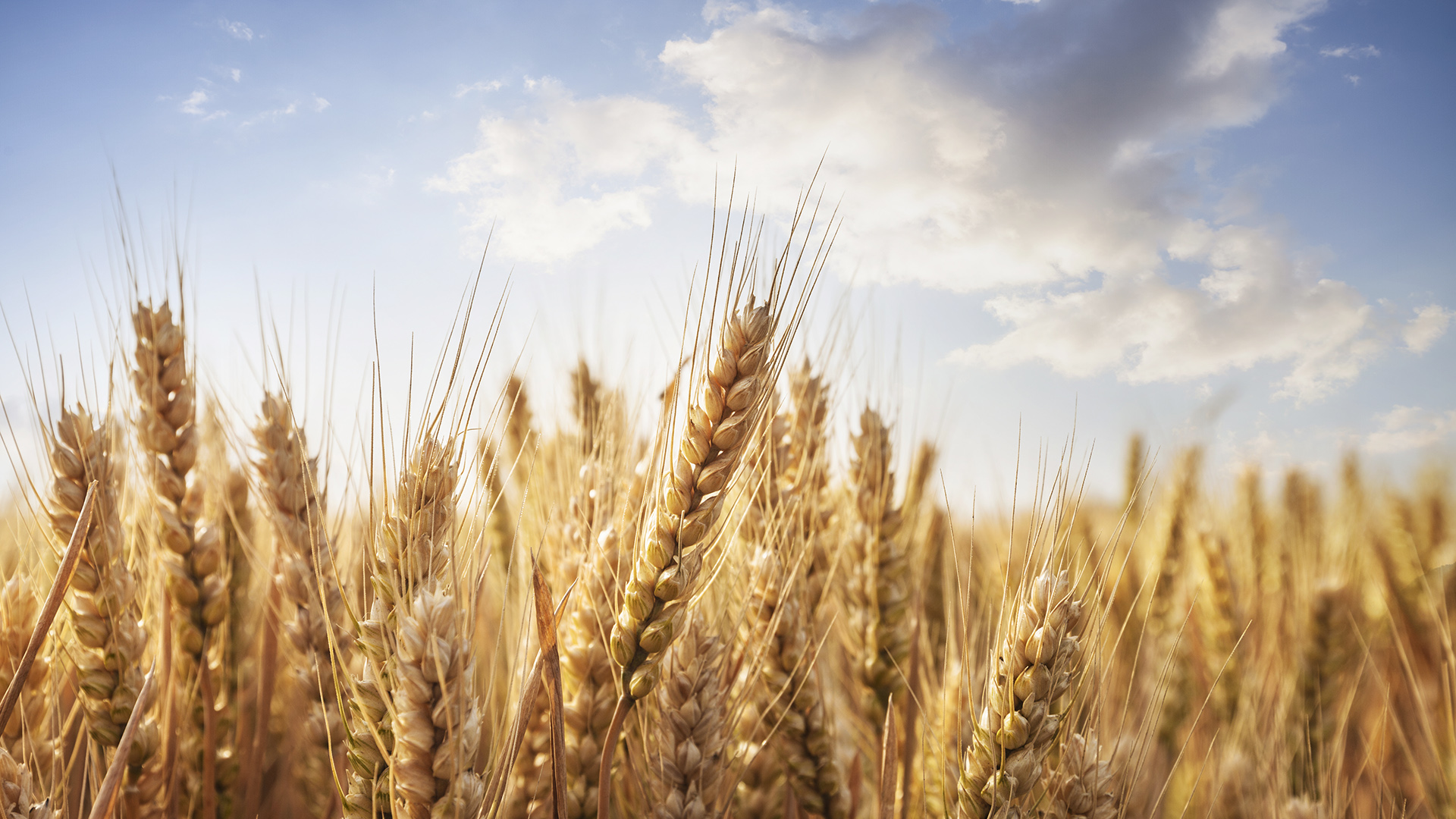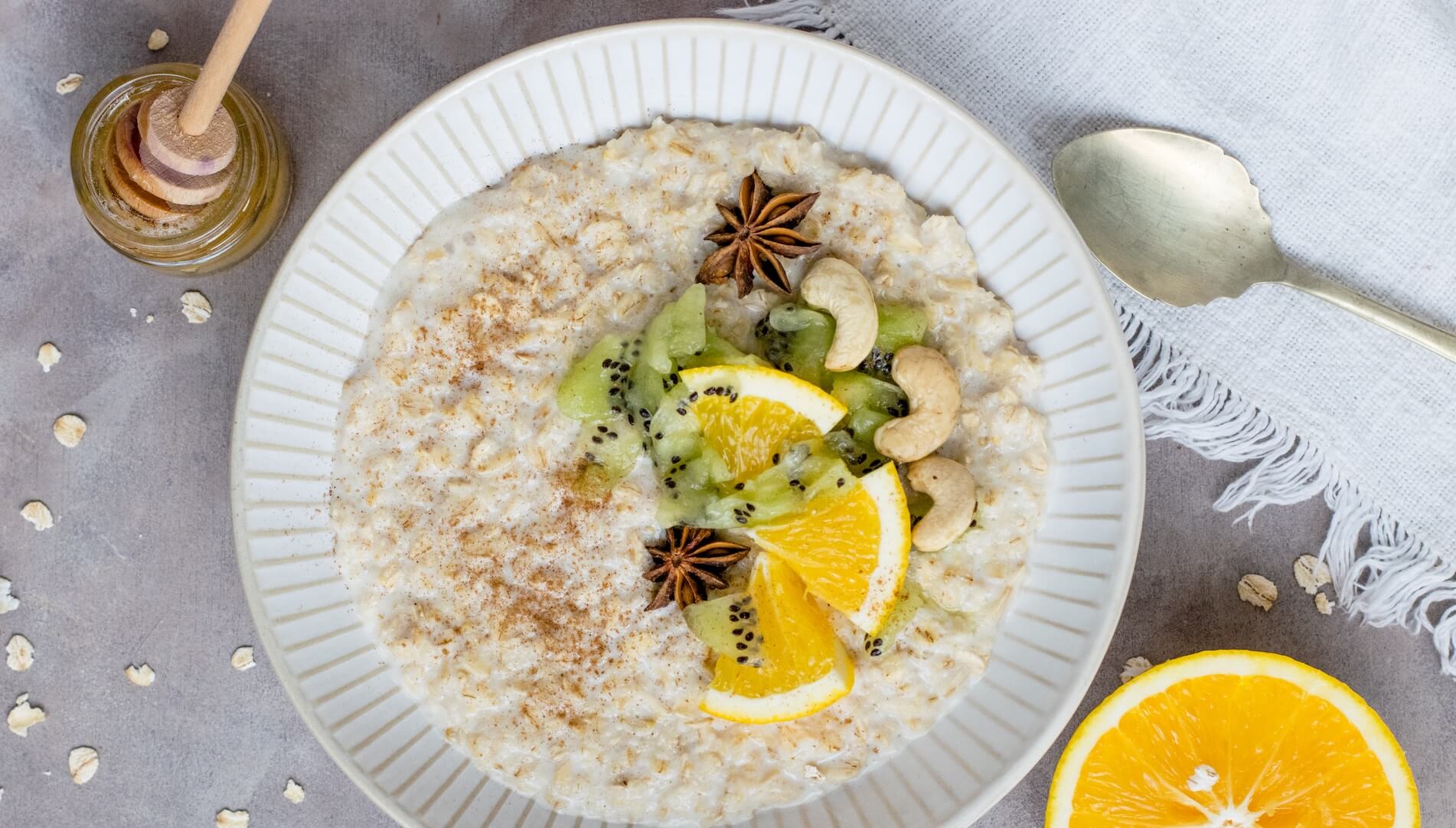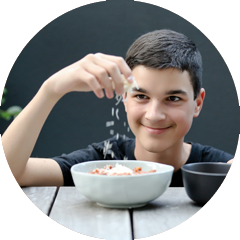ARTICLES > THRIVE
WHAT’S NEXT WITH OATS?
Are oats gluten free? Oats are highly nutritious and the tide is turning in favour of offering them to people with coeliac disease, but there’s still more to learn. Here’s an update.
By Angela Tufvesson
Despite tasting good and offering an impressive array of health benefits, porridge, granola, muesli and other foods containing oats have remained off limits for Australians with coeliac disease.
Concerns that oats harbour gluten-like proteins that may be harmful for people with coeliac disease has kept them excluded from the gluten-free diet here, although in the UK, North America and Europe, oats free from gluten contamination are generally considered safe.
Given the potential health benefits of oats, there is growing interest in allowing this nutritious cereal to be introduced with appropriate medical and dietary supervision. Preliminary results from a study by the Walter and Eliza Hall Institute of Medical Research (WEHI) are providing additional insights that may help people make informed choices
CAUTIOUS OPTIMISM
The WEHI study is the first controlled feeding study of oat protein, called avenin, purified from uncontaminated oats. Avenin is a protein similar to the proteins in wheat, rye and barley that are toxic to people with coeliac disease. The research tested if avenin had the same effect as these toxic proteins in people with coeliac disease.
“Reassuringly, our study showed pure oats and oat avenin did not cause small intestinal damage even with prolonged intake; however, it is notable that a small proportion of people with coeliac disease did develop adverse symptoms and immune responses,” explains Associate Professor Dr Jason Tye-Din, head of the Coeliac Research Lab at WEHI. “Our findings indicate while most people with coeliac disease can safely tolerate oats, some should steer clear of them,” says A/Prof Tye-Din.
“There is a gentle acceptance that we should… start to allow oats into the gluten-free diet.”
– Associate Professor Tye-Din
BABY STEPS
A/Prof Tye-Din acknowledges there are still unanswered questions, such as for whom, when and how oats should be introduced, and how to best monitor outcomes. “While further studies will provide these answers, discussions with the medical specialist and dietitian should occur early and they should agree to support the process,” says A/Prof Tye-Din.
One major consideration is that not all oats are made equal. “It must be specifically grown and processed to carefully avoid contamination with wheat, rye or barley – never off-the-shelf oats, which are often highly gluten contaminated,” explains A/Prof Tye-Din.
Coeliac Australia’s advice supports the view that oats produced to be free of wheat, rye and barley contamination (“gluten-contamination free-oats”) can be suitable for many people with coeliac disease on the proviso they receive appropriate medical and dietary input and monitoring.
HEALTH BENEFITS OF OATS
Oats, explains A/Prof Tye-Din, are an “extraordinarily nutritious cereal” that are high in fibre, protein and vitamins and may confer a range of health benefits.
“The gluten-free diet is nutritionally restrictive and doctors are increasingly recognising the risk of issues such as metabolic and cardiovascular disease in people with coeliac disease,” he says. “Oats can help to control weight and body mass index, reduce cardiovascular risk factors like cholesterol, support blood sugar level control in diabetes and improve bowel habit, as they are a nutrient- and fibre-rich, low-GI food.”
READING THE LABEL
Food labelling laws in Australia remain unchanged, and still don’t allow oats to be labelled as gluten-free. Claims on food packaging like wheat-free, lowg luten, uncontaminated and pure are unregulated and can be misleading.
This can make it challenging to confidently identify suitable oats. “There’s no plan to alter the Australian food standards,” A/Prof Tye-Din says. “Our research showed a small proportion of people with coeliac disease do react adversely to oats, so it is crucial the option to avoid oats from the gluten-free diet remains available to anyone who elects to do so. “Ultimately, the priority must be about improving the long-term health and quality of life of people with coeliac disease and ensuring they can make an informed choice about consuming oats.
For the majority who safely tolerate oats, I see this could offer substantial health benefits. Moving forward, I look forward to standardised practices on how oats is introduced and monitored, but in the meantime a conversation with the specialist and dietitian is the key.”
READ THIS NEXT

SPOTTING WHEAT-DERIVED INGREDIENTS
Why are there wheat-derived ingredients in gluten-free products? Accredited Practising Dietitian and health expert Penny Dellsperger explains.

DIABETES AND COELIAC DISEASE: WHAT’S THE LINK?
Did you know that if you have Type 1 diabetes, you have an increased risk of coeliac disease? We talk about managing these conditions together.

WHAT DOES ‘MAY CONTAIN GLUTEN’ MEAN?
What does ‘may contain gluten’ on a food label mean? Should you avoid these products? Here’s what you should know.
See more















0 Comments